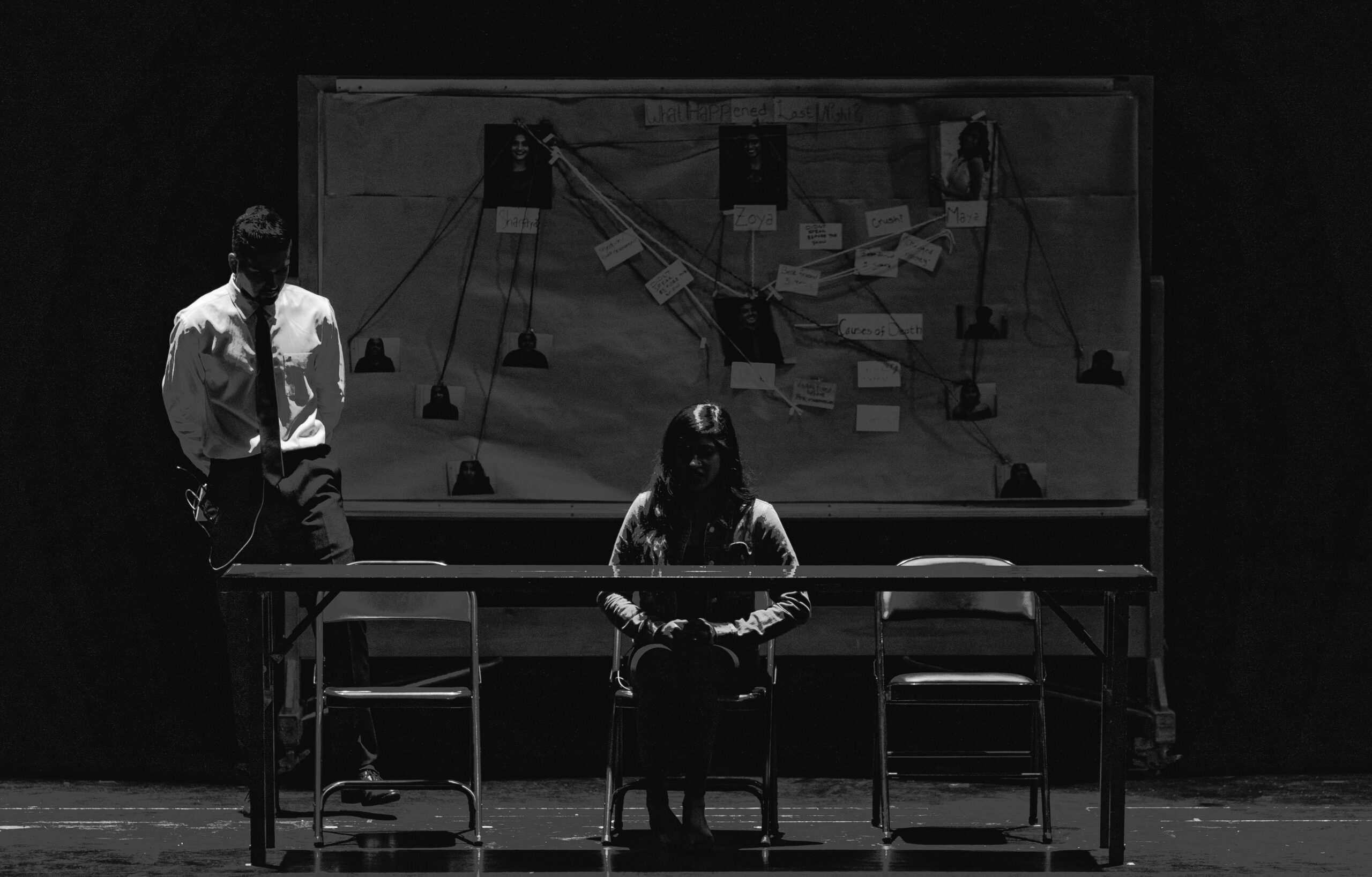Are you facing a criminal charge in California? Do you have prior convictions or offenses?
If so, your current case may be affected by any past run-ins with the law, regardless of whether or not they resulted in a conviction.
How?
Because the criminal justice system is very complex!
Having prior convictions can play a HUGE role in the outcome of your case, whether you are facing a misdemeanor or felony charges.
Believe it or not the Courts take into account an individual’s entire criminal history when deciding their fate.
What Ways Can Prior Offenses Impact the Current Case?
To understand how your criminal history could influence the outcome of your current proceedings and to ensure that you explore all available options to protect your rights, it’s important to know when and how these records can come into play.
Can be Used to Enhance Your Sentence – If you’ve been convicted of a crime in the past, the prosecution may be able to use that conviction to enhance your sentence should you be found guilty in your current case.
For example, if you were convicted of a DUI three years ago and you’re charged with a DUI again, the prosecution will seek to enhance your sentence for harsher penalties, including longer jail time and higher fines.
Can be Used to Establish Guilt – The phrase “innocent until proven guilty” really only goes so far when you have prior offenses.
In California, prior convictions can also be used to prove your guilt in your current case.
Say you’re charged with theft, and your previous conviction is a theft charge, the prosecution may use that prior conviction to establish your intent to steal in your current case based on your history.
This is particularly true in cases involving crimes such as domestic violence, sex crimes, and drug offenses, where prior convictions can be used to prove an element of the crime.
The Type of Prior Offense Matters -Keep in mind that when it comes to using prior criminal convictions in your current case, not all convictions are created equal.
Certain types of prior convictions, such as violent crimes or offenses involving dishonesty, can have a more significant impact on your current case.
These types of convictions can be used to impeach your credibility as a witness, which can be particularly damaging in cases where your testimony is critical to your defense.
It can also impact how the jury perceives someone even if there’s specific instructions by the judge to disregard prior convictions.
Three Strikes Law
Get ready to face the harsh consequences of the California Three Strikes Law. As enacted in 1994, this law can seriously impact the sentencing of those with a criminal history.
When convicted of a second felony, your sentence will be doubled from your previous prison term.
The real kicker? A third strike could put you behind bars for life.
But don’t think you’re off the hook if your third strike isn’t serious or violent. An amendment to the law in 2012 requires a third strike to be sentenced to at least 25 years in prison.
Plea Bargains -Plea bargains are often used as a way to resolve the matter before it goes to trial-but having a prior criminal record can make it difficult to get a favorable plea deal.
Prosecutors may view someone with multiple prior convictions as a habitual offender and may be less likely to offer a plea deal that reduces charges or penalties.
Although a criminal record can have a significant impact on a current case, there are steps that can be taken to mitigate the impact.
Working with an experienced criminal defense attorney is one of the most effective ways to overcome a criminal history and help negotiate a favorable plea deal.
Facing a charge? Need help? Reach out to our office today, we’re here to help!

